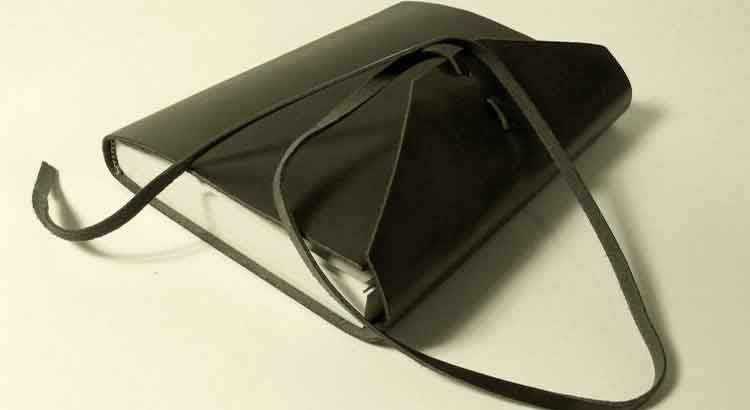It is always with a smile on my face that I read diaries of men from other times. It is wonderful to compare their routines, their means, everything!, with what I can call my reality. I now close the tiny Diário íntimo of Fernando Pessoa, which covers a mere two months of the poet’s life. It is simply amazing the exercise of comparison, using me as a guinea pig. The first necessity, whenever I read this kind of diary, is for me to adapt the meaning of some words and expressions. For example: the poet says several times “I got up early”, or “I came downtown early”. That means, in my language, “I woke up at nine”, “I left home at ten”. Then, the routine. The poet was always taking walks around Lisbon, having fun from Sunday to Sunday, walking from one office to another, where he sent personal letters and composed verses. In between walks, he made countless stops in the illustrious Brasileira to chat with friends and acquaintances. Once in a while, a quick task, which was followed by more walks and more talkings, almost always literary. What is this? How is it possible? An animal like me, the offspring of a slave generation, cannot assimilate. Is it literature? If I kept a diary, at the age of twenty-four, like the poet, it would be enough to relate a single day to tell how they all were: “I woke up in a bad mood at 5:30 a.m. I went to work. I left it at 5:30 p.m. College. Exhausted, I got home at 10:45 p.m. Unhappy day”. And what about the conversations, the reading of poems in the middle of Monday? I get a chill. If I saw, live and in color, a guy reciting a poem, or simply saying that he read this or that novel, it would be like witnessing a rajah, riding an elephant, strolling down the avenues of my city. Unbelievable! But the reading pleases me and shows me, like no other, the subject that I really am.
The Diaries of Men From Other Times
